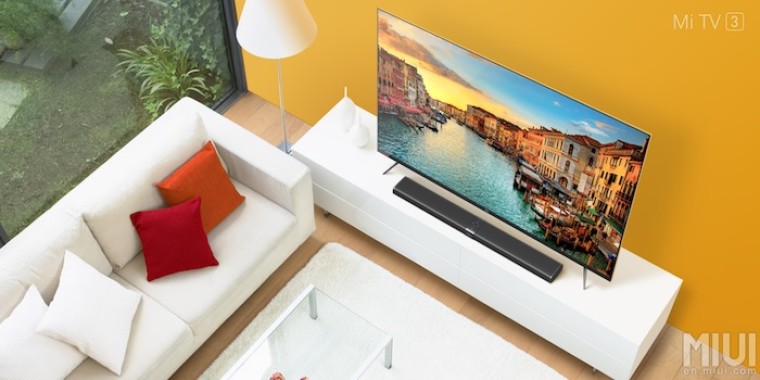Most companies have been, unsuccessfully, trying to re-invent the living room TV concept for the last few years. The only product that has met with moderate success is Apple TV with other notable alternatives like Google TV being a colossal failure. However, it looks like Google is all set to take a jibe at reinventing your living room TV with Android TV.
According to some documents obtained by The Verge, Android TV will be very different from Google TV and as was mentioned in the documents by the big G itself, “Android TV is an entertainment interface, not a computing platform.” The hardware will look similar to other comparable products already present on the market including Apple TV and the recently released Amazon’s Fire TV.
With Android TV, Google’s aim is not to replace your TV but instead act as a hub for all your movies, apps, shows and games. The company is already working with limited developers to prepare apps for its upcoming platform. The interface will consist of cards for apps, games, movies and TV shows and will display the required information for each. The remote is said to have a four-directional pad to scroll through, along with Home, Enter and Back buttons. Google also plans on adding optional support for game controllers.
Android TV will also support voice input and notifications, though Google wants developers to make use of the latter sporadically. One Google document reads that “Access to content should be simple and magical,” which is what Google is aiming at with Android TV. The company wants users to resume playback of the TV show or movie they were watching on their tablet, on their TV with minimal hassle and in the quickest way possible. Google is already working with Vevo, Netflix, Pandora and Hulu to bring their apps to Android TV.
It will be interesting to see what Google plans on doing with its 35$ Chromecast once it releases Android TV — whether it will let both of them co-exist or merge them into a single device.
[Via The Verge]






